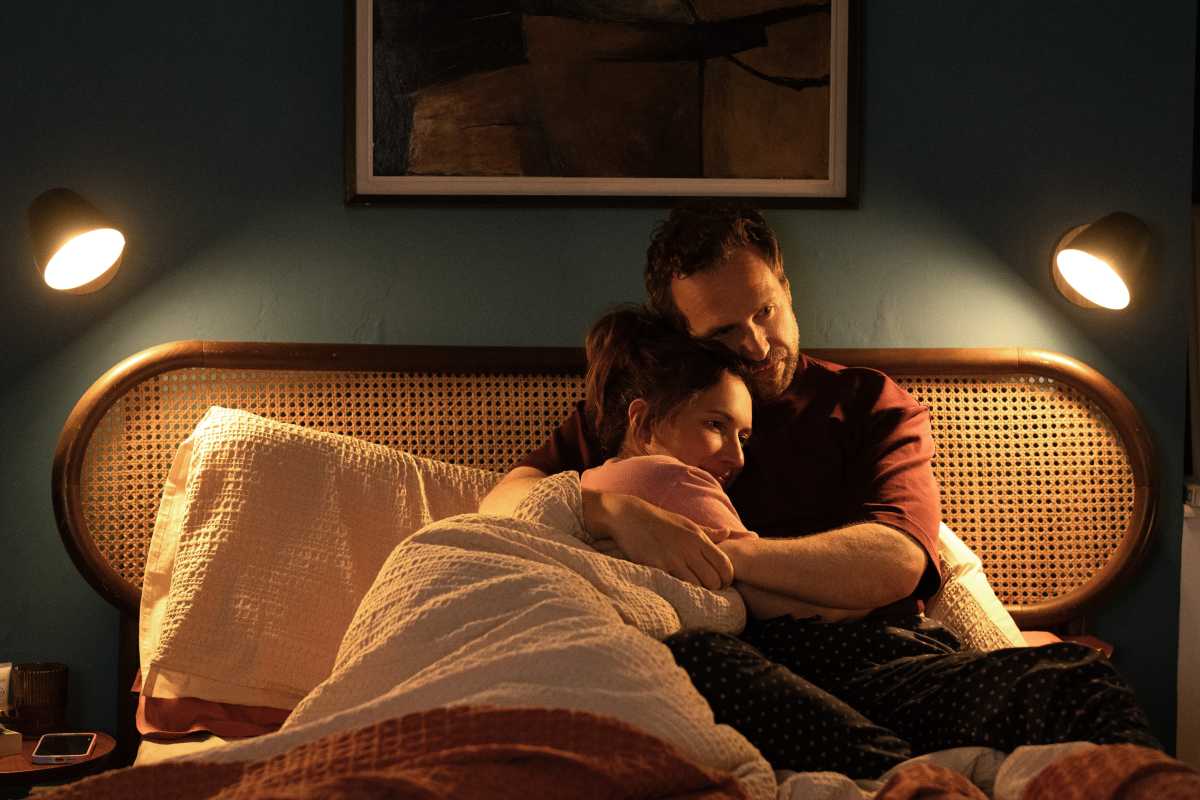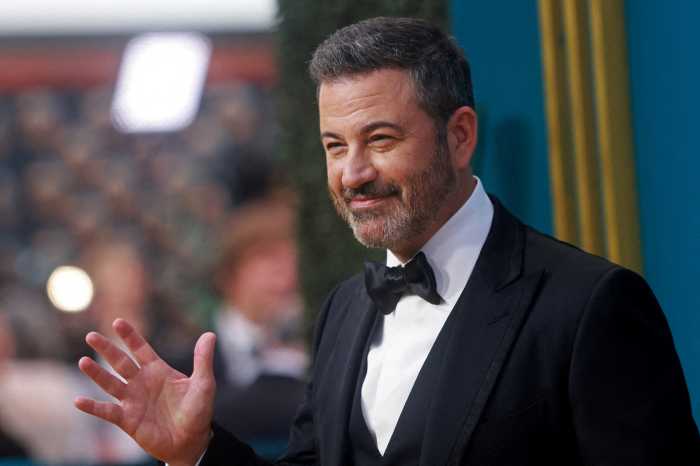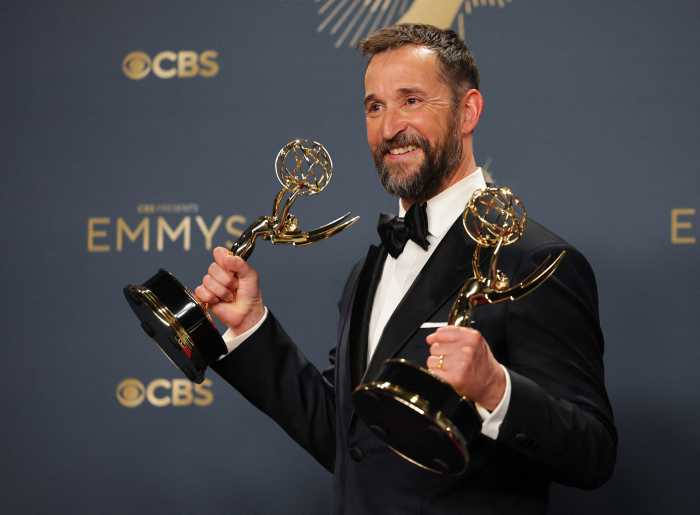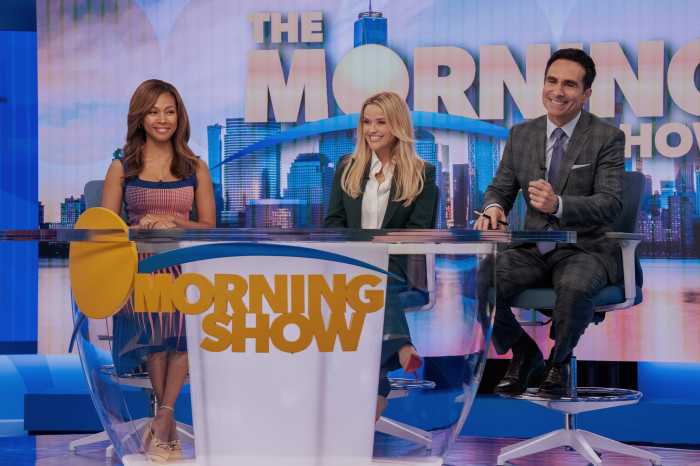Over the course of three seasons with Apple TV+’s dramedy ‘Trying‘, audiences have seen Nikki (Esther Smith) and Jason (Rafe Spall) on the journey to have a baby, then to adopt a child, and then end up with siblings under their care—and along the way the many challengers and hopeful moments that have been weaved in between. Now, fast-forward to Season 4 and we find the plot in a time jump, and Nikki and Jason are parents to a teenage girl (Princess) and an 11 year-old boy (Tyler), and the story continues to grow along with their family.
To dive a little deeper into the expansion of the show and what is in store for Nikki and Jason this season, both Smith and Spall sat down to chat more about ‘Trying’ Season 4.
In this season we see a lot of expansion brought to the show through locations and character development. What can you tease for both of your characters and what they go through?
Spall: The main factor is that we’ve jumped forward six years from Season 3 to 4, which is quite a rare device in comedy-drama—you don’t see it that often. They now find themselves as the parents of a teenager and an 11-year-old. One of the things that you need to do to sustain a TV series is to open it up and to go further into the other characters’ stories and feelings, and we’re really lucky to have a pretty great cast of colorful, interesting, and relatable characters.
That’s what Andy [Wolton] does such a great job of—even characters that could ostensibly be quite broad, he still manages to make you feel things for them. And the actors that play them, like Siane Brooke, who plays Karen and Darren Boyd, who plays Scott. And also Jim Broadbent is in this season, so we’ve now got an Oscar winner in Season 4.
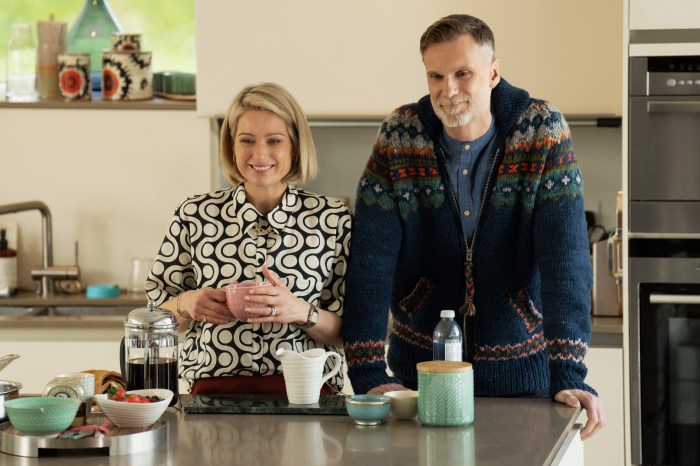
Smith: I think in terms of the adoption storyline and being parents of adopted children, a lot of challenges are thrown up in this series because having a teenager who wants to explore where she’s from and find her birth mom, that’s a really important thing to show because [it’s] real to a lot of people.
So for her, I think it creates a really hard tension of wanting the best for her daughter. She’s got so much love for her and she really cares for her and wants to protect her—[the season] also throws up things within her where she’s constantly afraid that these children are going to be taken away from them. So that’s been a really interesting thing to explore this series.
In the show, you go from trying to adopt, to adopting kids and now being parents of teenagers within 4-5 years. From an actor’s perspective, what’s it like to go through that progression?
Spall: I guess on paper that would be quite difficult, but it actually isn’t because the writing is so good. And so even though you have some work to do as an actor in filling in the blanks of perhaps what’s happened, really your biggest duty is to turn up and find the truth of the scene that you’re playing on that day. Speaking from my own point of view, it’s where are the jokes first and foremost? Where do I need to serve these jokes up in a way that looks like I’m not? So that’s where the technicality comes in.
But also, how do we make this scene as alive as humanly possible and as real? And how do I weave in as much realness into this? Because I think one of the biggest things in comedy is no matter how farfetched the jape might be that you are portraying, you have to find the logic and reality in it. Otherwise the audience won’t believe it. Andy does a great job of that and the writing of it. But that is the challenging in performing. How do we make it as real, as funny and if required, as moving as possible. That’s really what my energy goes into.
Smith: You’ve kind of said it perfectly, it would also be really hard to somehow show everything that might have happened to them in those six years within that moment. So yeah, completely agree. It’s just whatever you are presented with on that day. And also because Andy who’s so brilliant, I just feel like the scripts are just full of all of that anyway, and it kind of feels like these characters have just matured naturally, so it didn’t feel that difficult.
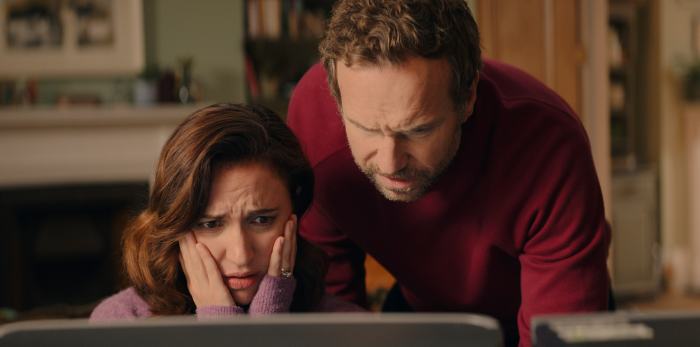
For people who watch the show who do know the dynamics of adopted relationships, what do you hope they take away? And then on the other side, for people who haven’t experienced that, what do you hope ‘Trying’ shows?
Smith: I hope for people that haven’t experienced it, that it shows what that process is really like and that it’s not just a quick, easy and simple thing to be able to do. It’s something that I’ve learned a lot about by doing the show, and I hope it informs people in that way. And I think for people going through it or who have experienced it, I hope it speaks to [the fact] that there are so many other people going through that experience.
It feels to me like it’s not spoken about that much. I can imagine it feeling like you are the only person in the whole entire world that is going through that. And particularly when it can be a hard process to go through that people feel seen and less alone in it.
Spall: That’s it. In feeling like your experience is being represented, you therefore feel seen. There is [also] a great deal of joy and beauty and wonder involved in it, and it’s a wonderful thing. And the message is that families come in a myriad of forms and all as valuable, all as beautiful, and all as f*cked up as the other ones.
Catch new episodes of ‘Trying‘ Season 4 on Apple TV+ every Wednesday.



